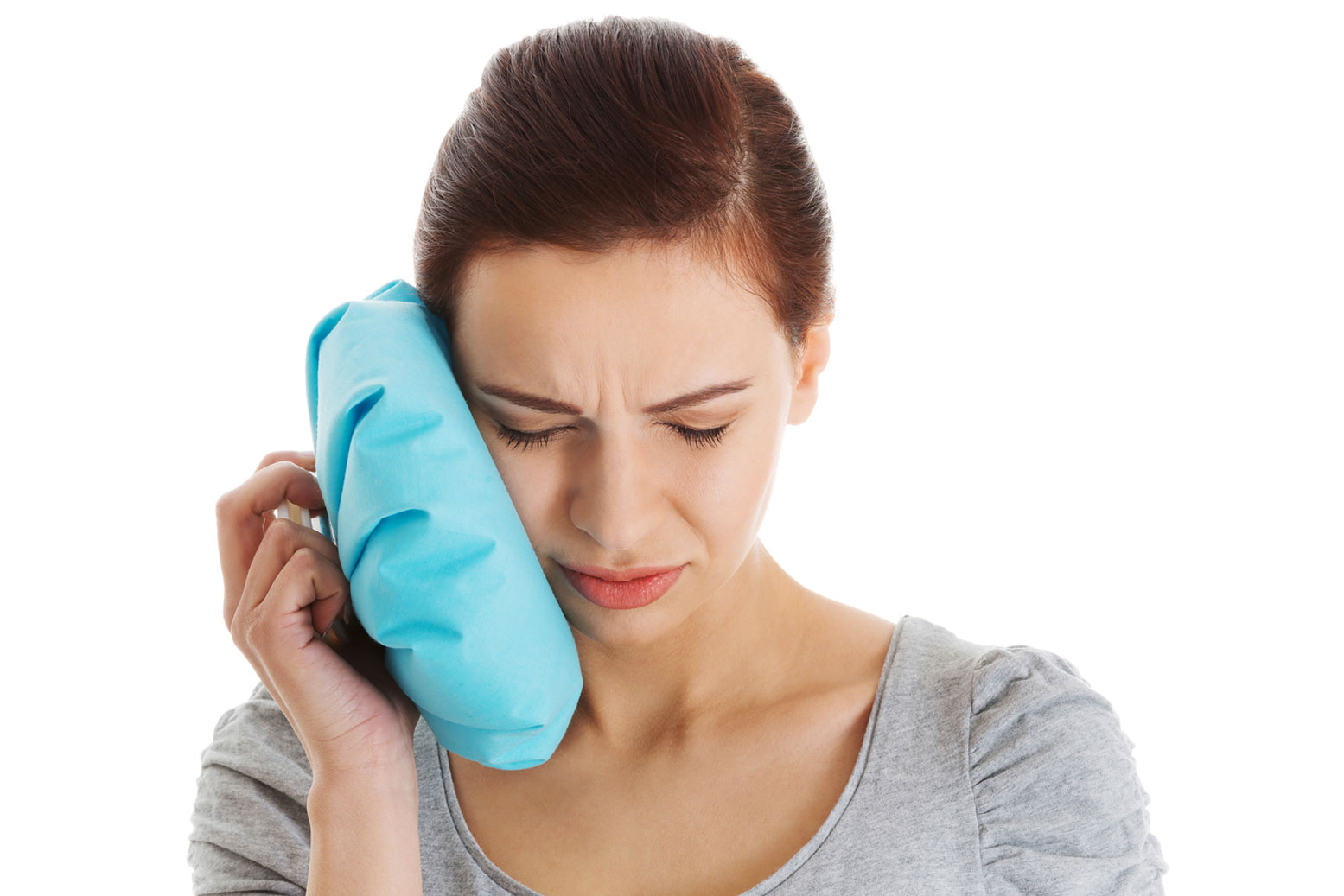Follow These Tips for a Smoother Recovery After a Wisdom Teeth Extraction

There are a number of different reasons why your dentist might recommend that you get your wisdom teeth removed. Some of the common ones include tooth crowding, infection, cavities and other diseases. The removal of the wisdom teeth is carried out by an oral surgeon, and although the procedure is routine and known to alleviate tooth pain, it is not uncommon that you will experience some swelling, bleeding, discomfort and pain after the surgery. Thankfully, there are a lot of options that can help minimise this pain. Below are some aftercare tips to aid your recovery after a wisdom teeth extraction.
Bite Down Gently on a Gauze Pad
After the extraction surgery, there will most likely be bleeding from the extraction site and your dentist will recommend that you bite down on a gauze pad for some minutes (about 5 minutes or so) to stop the bleeding. When you bite down on the gauze, make sure to do it gently, so you don’t reopen the wound.
Ice It

The teeth extraction procedure will be done while you are under anesthesia, so you don’t feel any pain. However, once the anesthesia wears off, you will most likely experience pain. Ice can be very helpful in numbing the pain and it can also help reduce bruising and swelling so, having a bag of ice on hand during the first few days post-extraction is important. Icing immediately after the surgery can also encourage blood clotting which in turn helps the bone and the nerve endings around it heal faster. Remember to put a soft towel between the ice pack and your skin.
Keep Your Head Elevated
Infection is one of the risks associated with teeth extractions and making sure that a clot forms over the extraction site can help protect you from it. Another way to reduce your risk of infection is by making sure that your head is kept elevated while you are lying down. You can stack up several pillows behind your neck and head for better support and comfort.
Avoid Using Straws

It is understandable that you might want to avoid tilting your head backward when drinking because of the pain you experience during your recovery, but it is crucial that you do not use straws during your recovery. This is because using a straw requires suction in your mouth and this can make clotting very difficult. In many cases, using a straw can cause the blood clots already formed to loosen and even break off. Having to regrow a blood clot each time you use a straw can also put you at risk for infection.
Follow Your Dentist’ Pain Medication Prescription
Depending on your level of pain and tolerance, your dentist might prescribe some pain medications for you. With mild pain, anti-inflammatory medication like ibuprofen can be enough to alleviate your pain. For higher levels of pain, a narcotic like codeine or Vicodin could be prescribed. Avoid self-medicating and contact your dentist if the pain doesn’t subside. Consult Sherwood Park Dental Practice for the qualified dental practice and prescription on quick pain relief.
Make Sure Your Mouth Stays Clean

You may be allowed to brush your teeth on the same night of your surgery, but you will need to be very gentle and take extra care when brushing the area closest to the extraction site so as not to dislodge the blood clot. You may also rinse your mouth with warm salt water the day after the surgery. This should be done at least 5 times a day (especially after every meal) for a few days.
Hydrate and get Enough Rest
In order for you to get back to your daily routine as quickly as possible, you will need to take things easy for a few days. Stay hydrated, rest your jaw to keep the blood clot in place, and relax your body so you are less stressed and healing can occur faster.
Conclusion:
Having a smooth recovery after a wisdom teeth extraction weighs heavily on the right type of aftercare. You will need to take things easy and follow all your dentist’s instructions.




